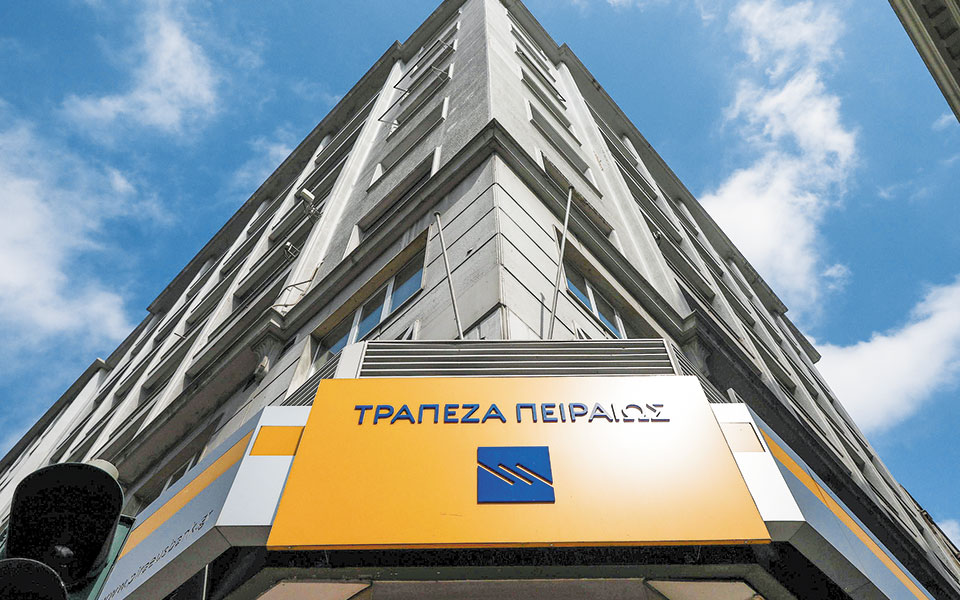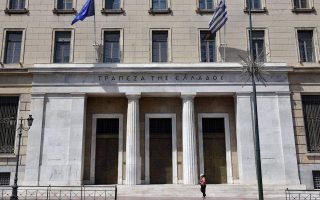The gap between words and actions in economic policy

Who sets the tone for economic policy? The question sounds paradoxical, but perhaps some of the things that are happening are also paradoxical.
Prime Minister Kyriakos Mitsotakis had repeatedly advocated tax relief for wage labor, as a matter of priority. The most convenient way was and is the reduction of its huge social insurance costs, which creates new jobs, stimulates demand and thus offsets the initial reduction of insurance revenues – a view shared by Finance Minister Christos Staikouras.
However, in 2020, instead of reducing social security contributions, the government reduced the contributions of the self-employed – that is, instead of boosting paid employment, the government gave incentives for hiring freelancers, at the expense of new hires.
And in 2021, instead of directing all available resources toward helping wage labor, the government chose a small reduction of social security contributions, along with a reduction of the tax on profits from 24% to 22%. Why? Because some people believe that if it is heard abroad that we are reducing taxes on profits, then foreigners will rush to invest in our country. That’s not true.
On the contrary, as the Greek Foundation for Economic and Industrial Research (IOBE) think tank has documented in a relevant study, the reduction of the employer’s contributions and other key cost elements are what works in favor of investments, because it improves competitiveness and increases companies’ earnings before interest, taxes, depreciation and amortization (EBITDA).
Therefore, between tax reduction and cost reduction, companies choose the latter. Only a few ideological neo-liberals choose the former.
But where the big gap between what the prime minister argued and what policy was eventually followed became apparent was the scandalous scheme at Piraeus Bank, with the shrinking of the Hellenic Financial Stability Fund’s (HFSF) participation (if Staikouras had not resisted, the HFSF’s percentage would have fallen below 4%), without even being given the opportunity to sell its rights.
As the price range at its equity offering via a placement with international investors and a domestic public offering was at 1.15 euros per share, the profits exceeded 40%, and if there had been a normal capital increase with respect to the rights of the old shareholders, the HFSF would have made a few million from its full participation in the increase or (if the state was hellbent on reducing the fund’s participation in Piraeus) from the sale of its rights, before the increase.
The bookbuilding deprived HFSF of this possibility. Though it was not a real bookbuilding, but rather a private placement: Even large (and European) banks were excluded – they did not take a single share – in order to ensure the distribution of the agreed number of shares to funds.
One might say, “Whatever happened, happened.” That is wrong. Because the “model” used for Piraeus Bank whetted the appetite of other systemic banks, which are preparing to follow the same path. To make, that is, a capital increase with the bookbuilding process by abolishing the rights of the old shareholders and reducing the share of the HFSF – incidentally, no one understands why the HFSF has not been abolished as an organization and turned into a department of the Hellenic Republic Asset Development Fund (TAIPED) or the Ministry of Finance.
I am, however, curious to hear what those who came up with the “Piraeus model” will say to the thousands of small shareholders who will see their investment evaporate. I am also curious what they will say to those who have trusted them as advisers.





